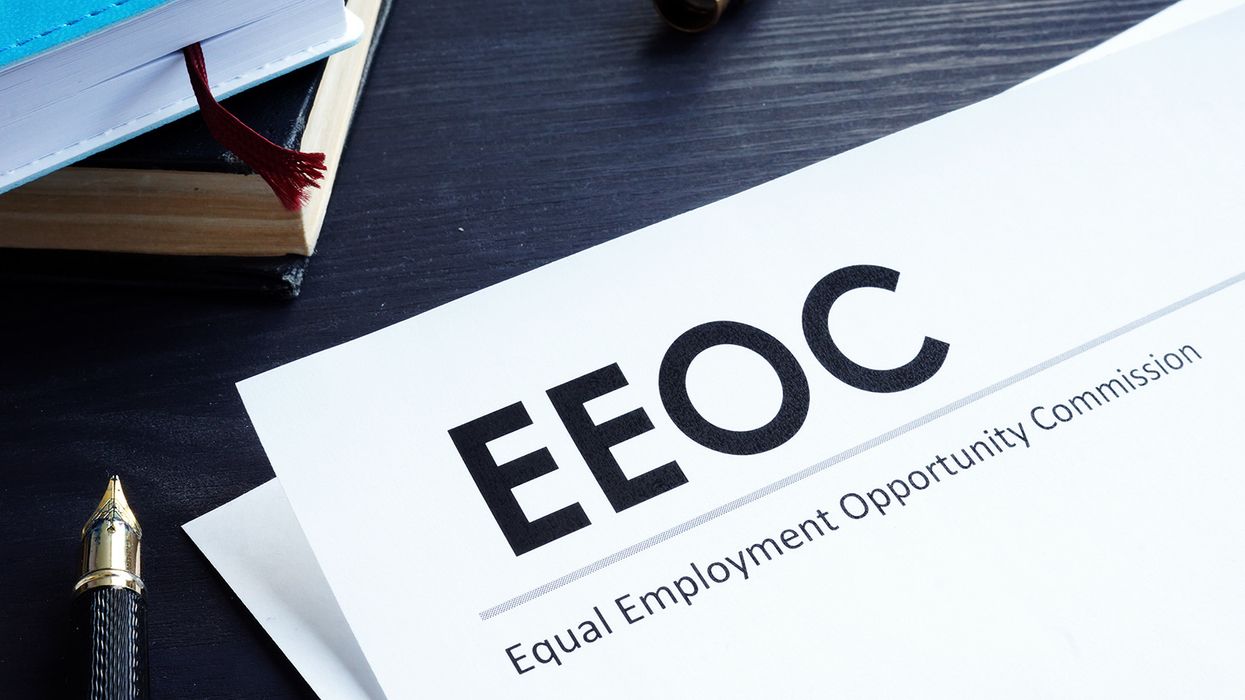U.S. Senate confirmation restores EEOC quorum
The Equal Employment Opportunity Commission (EEOC) once again has a quorum, and employers may see changes to regulations and guidance on employment discrimination when the government reopens.
On October 7, Brittany Panuccio, nominated by President Trump to be the third EEOC Commissioner, was confirmed by the U.S. Senate.
Now that Panuccio has been confirmed and the commission has a quorum, it will likely move forward with issuing changes in the near future.
What having an EEOC quorum means
The EEOC’s commission leadership panel is comprised of five commissioners, one of whom is designated by the president as chair or acting chair. Three commissioners constitute a quorum at the agency. Since January 28, the commission has only had two commissioners and thus no quorum. The EEOC needs a quorum to vote on rulemaking, issue new policies, or rescind guidance documents.
3 changes now that there’s a quorum could include:
- Poster updates: The EEOC could move forward with an update to the federal “Know Your Rights: Workplace Discrimination is Illegal” posting. Since February, the agency’s posting website has indicated that this poster, which must be displayed by employers with 15 or more employees, is undergoing revisions because of wording changes that are needed under the “Defending Women from Gender Extremism and Restoring Biological Truth to the Federal Government” executive order that was issued on January 20. Change is likely needed because the poster indicates that sex discrimination includes gender identity discrimination, but the executive order says sex does not include the concept of gender identity.
- DEI focus: Emphasis on investigations of diversity, equity, and inclusion (DEI) practices will likely be on the EEOC’s radar. Based on President Trump’s January 21 executive order titled “Ending Illegal Discrimination and Restoring Merit-Based Opportunity,” the EEOC’s focus is likely to shift to DEI programs they believe result in unlawful race- or sex-based decision-making, rather than individual merit and equal opportunity principles.
- PWFA changes: The EEOC will likely amend the Pregnant Workers Fairness Act (PWFA) final regulations. Expected edits include removing some conditions requiring accommodation under the PWFA, including menstruation, infertility, abortion, and menopause. The PWFA requires employers with 15 or more employees to provide reasonable accommodations to an applicant's or employee's known limitations related to, affected by, or arising out of pregnancy, childbirth, or related medical conditions, unless the accommodation will cause an undue hardship. When the EEOC voted on the final regulations in April 2024, Commissioner Andrea Lucas, who now serves as EEOC chairperson, issued a public statement that she believed the final rule went too far by extending protections to “any aspect of the female reproductive system.”
Even though Panuccio’s nomination has been approved by the U.S. Senate and the commission now has a quorum, the EEOC will likely not act on any issues or changes until the government shutdown has ended.
Key to remember: The Equal Employment Opportunity Commission (EEOC) has a quorum, but anticipated changes to posters and the PWFA are still delayed by the ongoing federal government shutdown.


















































